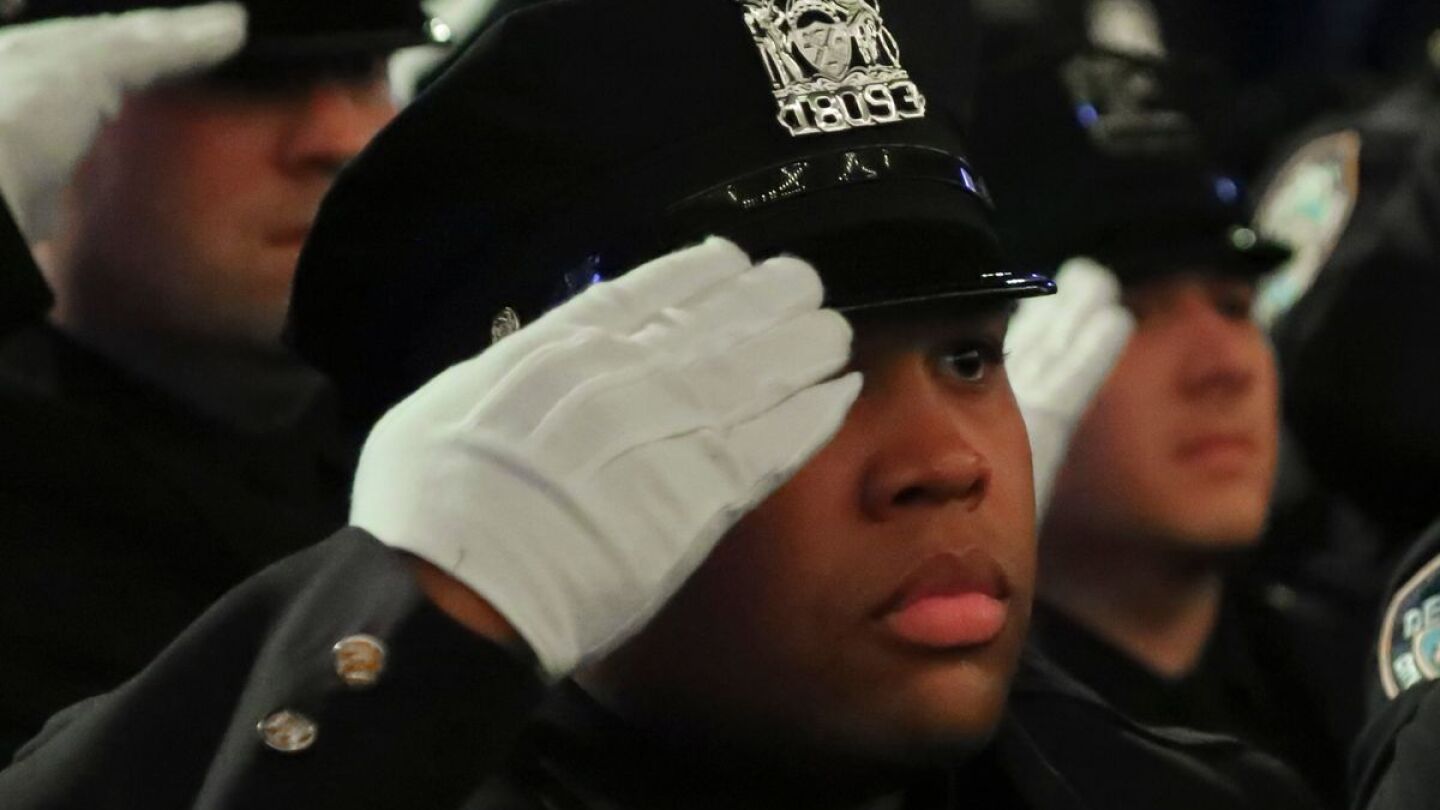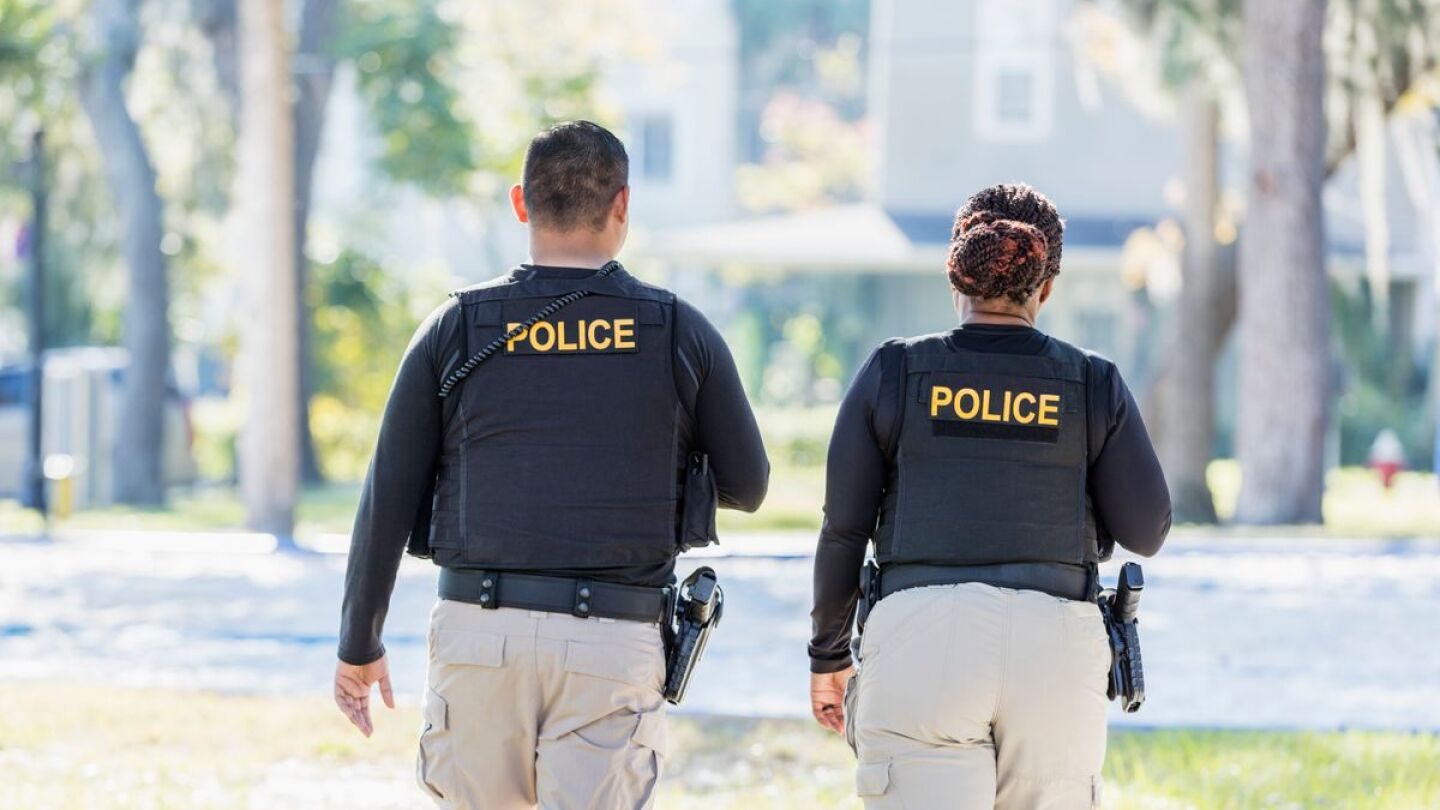Ethics
Discover in-depth articles, expert commentary, and training resources on police ethics, covering topics such as integrity, accountability, use of force, and community trust. This page helps law enforcement professionals navigate ethical challenges and uphold the highest standards of conduct in policing.
From burnout to breakthrough: AI’s role in trauma-informed investigations
It only takes one ethically flawed decision to devastate your personal life and police career
If complacency can kill us physically, what role does ethical complacency play in ending a police officer’s career?
Too often, police leaders seem to believe that ‘bad officers’ only flourish in someone else’s back yard and not their own
Do you have a leader within your department that’s capable of turning your team into an elite unit? Try looking in the mirror
Boosting crime prevention, filling staffing gaps and gaining public trust through ethical ALPR use
Explore how AI is reshaping digital investigations, tackling complex cases and preparing agencies for tomorrow’s policing challenges
You do not need to abandon either your street intensity or your commitment to your physical survival in order to have a positive outlook on your chosen career
Since its publication in 1994, “The Oz Principle” has become the worldwide guide on accountability. Here’s what law enforcement can take from this book
“How do we expect officers to be good at decision-making if we don’t start it in the academy?”
The “hard truth” in law enforcement is telling what’s true, but difficult to hear with the improvement of a community, agency or individual as a goal
And job action if you ignore it
Let’s discuss a recent incident where an LEO was pulled over for driving nearly double the speed limit in a marked cruiser without lights and siren on
Make sure you use AI tools ethically and within the law
Your nametag, department patch and badge are the most important aspects of your uniforms and represent much more than metal and fabric
Whether you are a rookie or a chief, be a good citizen and take the ticket
“When officers make mistakes in their career, 95% of the time it’s the fault of the department.”
By mining their own data, departments can pinpoint issues, save careers and better serve communities
Understanding the root of our mindset – and how to shift it – is critical to transforming the work of law enforcement and our relationship with the community
If you get caught speeding or doing something else that is illegal, remember that you are not above the law
Police officers can’t risk getting caught up in either politics or misguided social experiments
During tough times, it may help you to renew the oath you took when you became a police officer
Acknowledging the oath means acceptance of tremendous responsibility
Officers must be trained in how to verbally de-escalate and physically intervene when another officer loses emotional control
Starting with the right candidates is key to creating officers who embrace a culture of accountability
Every officer must prevent or stop any misconduct by another officer and report officer misconduct when they become aware of it
“Culture will eat policy all day long if you don’t train constantly on the demand for personal accountability both within yourself and your fellow officers.”
How to prepare officers to successfully intervene to prevent harm and create a law enforcement culture that supports peer intervention
By emphasizing your department’s beliefs and demonstrating them on every contact, officers’ efforts will be recognized in your community
MOST POPULAR
- The consequences of false statements and deliberate omissions in warrant affidavits
- Why it is time for a Hippocratic Oath for policing
- Truth, lies and video: Reassessing the Brady/Giglio rule in the era of video evidence
- What a state trooper’s demotion can teach you about ethics standards
- 2 reasons why field training programs fail





























